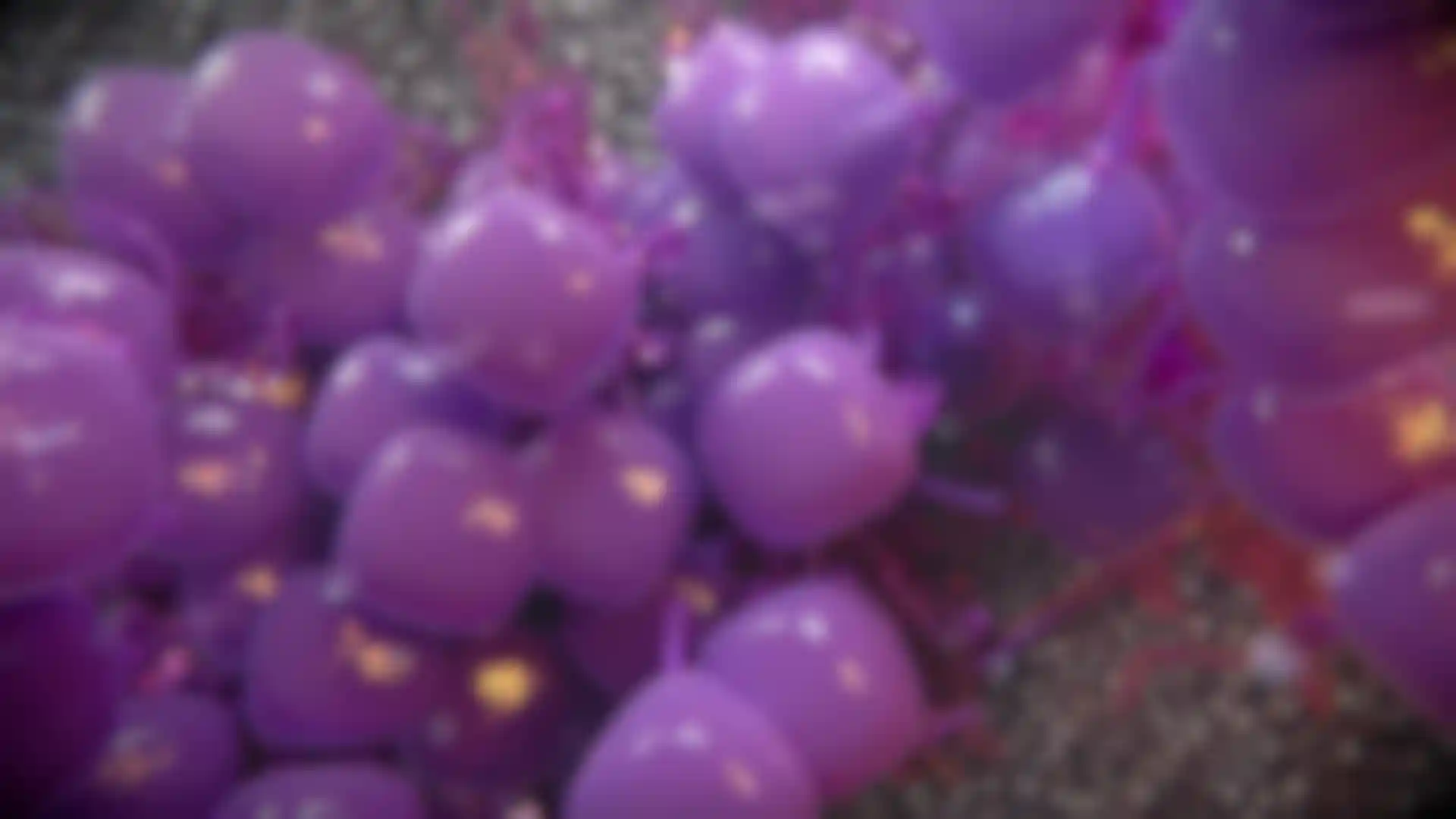
Visualizing New Bone Graft Technology With Houdini and Redshift How Nymus 3D used animation to convey the complexity of a product to improve the success rate of spinal fusions.
When Kuros Biosciences needed to promote MagnetOs, the company’s revolutionary new bone graft product, they called Nymus 3D, a leader in complex scientific visualizations.
Using procedurally generated simulations and visualizations created with Houdini and rendered with Redshift, the Nymus 3D team created a scientifically accurate and visually appealing animation showing how MagnetOs works and why.
We talked with Nymus 3D about the MagnetOs project, as well as their process for medical animation in general and here’s what they told us.
Tell us about Nymus 3D and the sort of work you typically do.
Nymus 3D: Our team consists of people from a variety of backgrounds, including biochemistry, physics, mathematics and visual design. This helps because we are approached by clients from a wide range of scientific areas and having the in-house capability and tools to visualize their raw scientific data is a huge asset.
We are also of Demcon, a company that develops, manufactures, and supplies high-quality technology and innovative products in health, aerospace, agriculture and food, defense and security, energy and many other areas. We benefit from each other’s knowledge.

What can you tell us about the MagnetOs project and your process.
Nymus 3D: We started this project with a cinematic mindset that required careful planning, client collaboration and attention to detail. We like having the creative and technical freedom to experiment, so we relied heavily on procedural setups, using Houdini as our main tool.
The client asked us to help visualize their new bone grafting technology and we created different versions aimed specifically at their various target groups. We are used to those types of requirements because we like to keep our medical animations modular.
Our go-to rendering engine is Redshift because of its speed, stability and consistency. The Redshift integration in Houdini is seamless and the combination of the two gives us the power and control we need to create our animations in a predictable way.

Redshift allowed us to iterate and experiment so we could really focus on the creative process and not get too bogged down with technical issues. Our rendering pipeline is very efficient and designed to automatically produce Redshift proxies with just a few workstations. We use command line rendering on our render farm for final renders, which allows us to finish animations much faster.
How does your team ensure scientific accuracy when doing medical animation?
Nymus 3D: We start by reviewing the material provided by the client, which is usually very recent state-of-the-art research, so we need to have a good understanding of what should be shown in the animation. Once we have a good understanding of the science involved, we come up with ideas to simplify it as much as possible while keeping the customer's story complete and accurate.

After the research phase, we create a script that is iterated with the client until we arrive at a version that everyone is happy with. In this way we guarantee that the content of the animation is correct according to the client's material and in line with the latest published research on the subject of the project.
Is there more pre-production than a typical animation?
Nymus 3D: The amount of pre-production depends strongly on the project. For some sequences, we already have tools, assets and workflows that make it possible to skip storyboards and jump straight to 3D concept work. In other cases, we have to create everything from scratch, so it is more efficient to create a storyboard first to work out the details.

How do you balance creative interpretation with accurate representation?
Nymus 3D: A large percentage of our projects involves visualizing the infinitesimally small, so we have a certain degree of freedom with those. Also, there is no clear representation for many elements, so we can be abstract to some extent, as long as it doesn't go against what is known.
In other situations, even if it is about a very concrete and familiar topic, the client may be more focused on the story, and we may use metaphors or diagrammatic representations of the resources and processes.

What makes a medical animation successful in your opinion?
Nymus 3D: Our customers often deal with complex topics that are hard to explain, especially to those who are not familiar with their field. Communicating to the general public can be even more challenging as some concepts can be very abstract. That’s why animations are powerful tools to convey everything in a concise and clear way.
Todd Blankenship is a Filmmaker / VFX Artist in Denton,TX